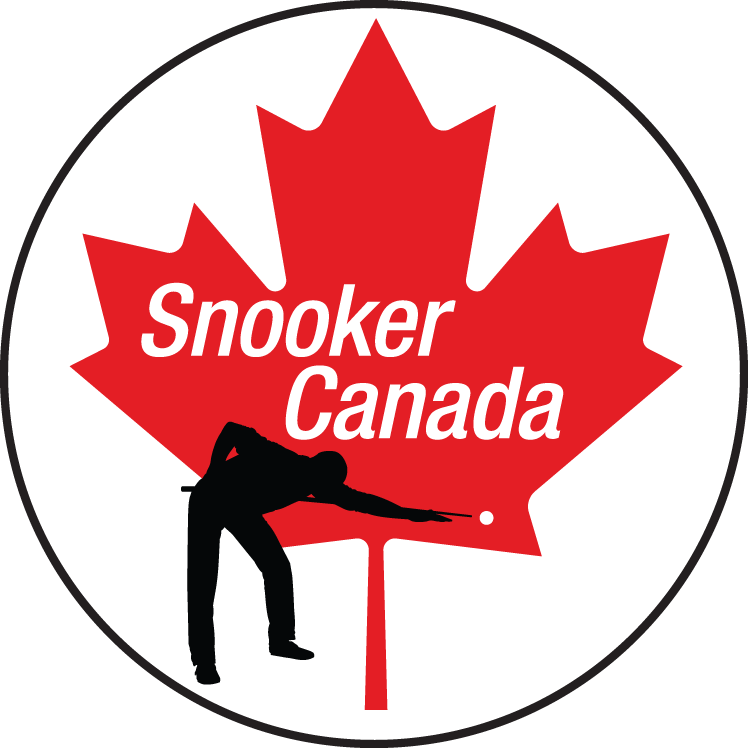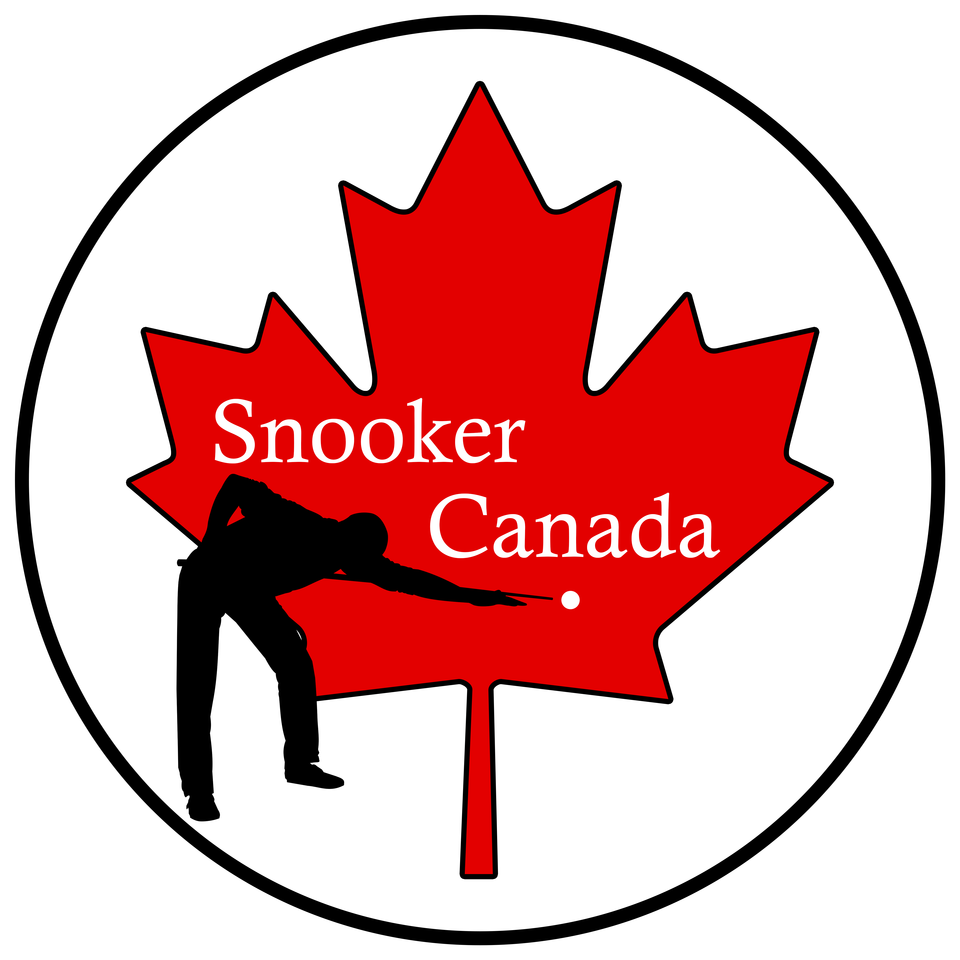Montrealer Revitalizes Canadian Snooker
Written By: David Lazarus, Staff Reporter – CJNews.com
Patrick Guigui sets up a snooker shot.
MONTREAL — Watching Patrick Guigui prepare for a shot on the expansive green baize surface of a regulation size snooker table at Le Skratch, a billiards hall in a nondescript strip mall on Montreal’s West Island, you’d be hard-pressed to realize that he’s on a mission to bring the cue sport “to the next level.”
That’s the phrase that’s posted on his snookercanada.com website, and it’s Guigui who is almost single-handedly and methodically reviving the sport in Canada – he’s even resurrected its Canadian governing body.
But it’s no “fast break.”
“It is a lot of work,” conceded Guigui, who at 42 is a highly ranked snooker player – he recently won a Quebec class A tournament – and is juggling life as a web-based importer-exporter and as a very busy husband and father of two-year-old twins.
Yet, as Guigui says, snooker and everything about it is becoming an increasing part of his working day.
“Not many people know it, but snooker is the third-most-popular watched Euro-sport,” said Guigui, who grew up in Cote St. Luc and attended United Talmud Torahs and Wagar High School.
“It’s booming all over the world. In China, snooker is huge, with 100 million players.”
Almost more than anything else, Guigui wants to convey to the public at large the senses of refinement, elegance and sophistication that are intrinsic to the way snooker is played and to how tournaments are conducted around the world.
In other words, the game is far, far removed from the stereotypical image of the dank, dark pool hall, with its smelly air and floors sticky from spilled beer.
Snooker is anything but that.
In tournaments around the world, Guigui pointed out, players wear bow ties and referees adjudicate. The game itself is characterized by finesse, and the ambiance at the table and among onlookers is hushed and respectful.
It’s “a gentleman’s game,” Guigui said.
The sport itself, which essentially involves the methodical pocketing of differently coloured snooker balls in a specific order, calls for a larger table – 6 feet by 12 feet – with balls and pockets slightly smaller than other billiard games.
Guigui was so impressed by Mordecai Richler’s last book, On Snooker, which seemed to perfectly capture the essence and artistry of the sport, that he recently spent months lobbying for, and finally obtaining, the go-ahead from Richler’s son, Daniel, to name a planned snooker tournament after his late father.
It’s a tournament that Guigui said he hopes to see played in 2013 at an appropriate venue befitting the image the sport deserves, such as Place des Arts or even the Segal Centre.
“I saw one hall at Place des Arts that would be perfect for it,” Guigui said.
At Le Skratch, Guigui has used his influence to get two regulation-sized snooker tables placed in the back room, with space for several more. “I really want to reverse the trend of playing on small tables,” he said.
Guigui said he has spent more than a year trying to burnish a new shine on a sport that declined over the last 20 years, in particular since the death of Armand Barbeau, who headed the Canadian Federation of Snooker.
“When he died, nobody took over,” Guigui said. “The federation died too.”
Guigui’s work involved creating Snooker Canada and then seeking and obtaining its recognition by Sports Canada as snooker’s official governing body. It has also included seeking potential Canadian television broadcasters for snooker.
Years ago, he noted, snooker tournaments were broadcast (and were popular) on the CBC. Now he’s working to get networks such as TSN and Réseau des sports (RDS) to start showing them again – a must for corporate sponsorship.
Guigui is getting a lot of his support from Barry Hearn, a legendary sports event promoter in the United Kingdom , and also the head of the World Professional Billiards and Snooker Association.
“Snooker is a beautiful television sport,” Guigui said. “What I am doing today would not have been possible without Barry Hearn.”
It all seems a far cry from the first time Guigui picked up his first pool cue as a 15-year-old teen.
“I immediately saw that snooker was the game I preferred,” said Guigui, who actually gave up the sport for 17 years after moving to the United States for a number of years.
Although Richler’s book showed him to be a true connoisseur of snooker and reminded the world that deep down, he was also a guy who loved to hang out at pool halls, it was also a reminder of the historic affinity between Jews and cue sports.
Montrealer Leo Levitt was the first amateur snooker player to achieve the maximum “break” of 147, Guigui recalled.
That took place in November 1948, at the now-defunct Windsor Bowling alley

